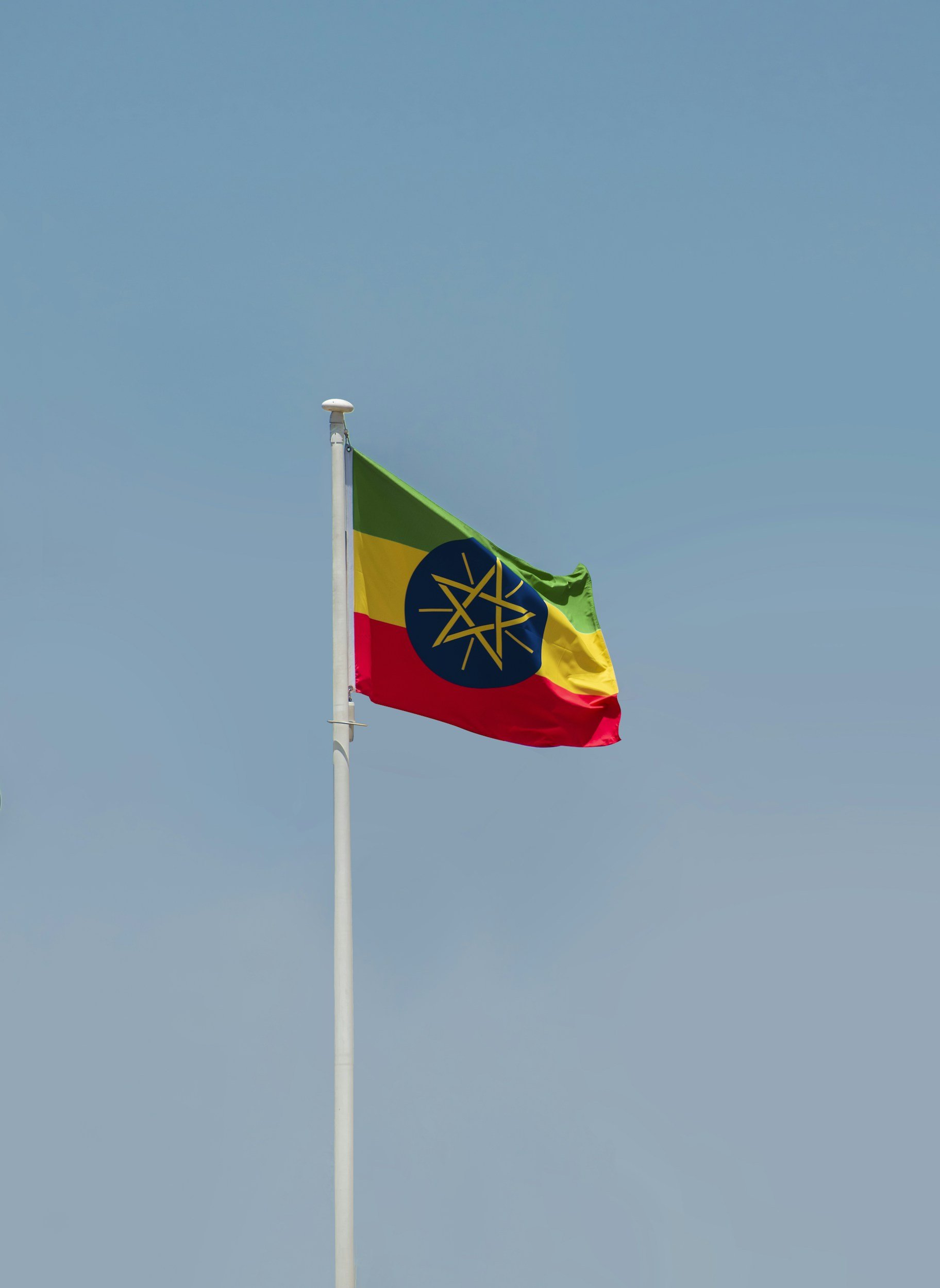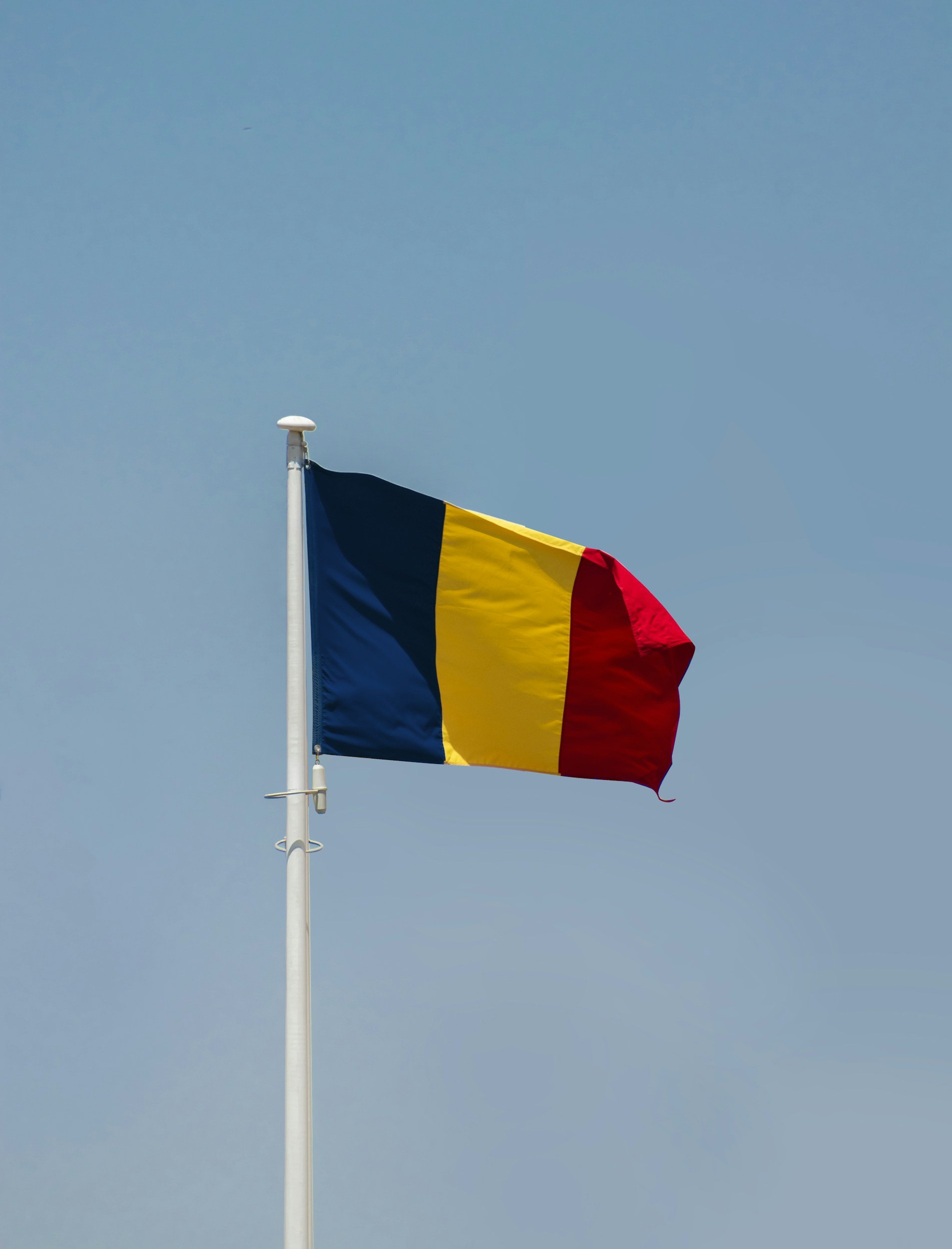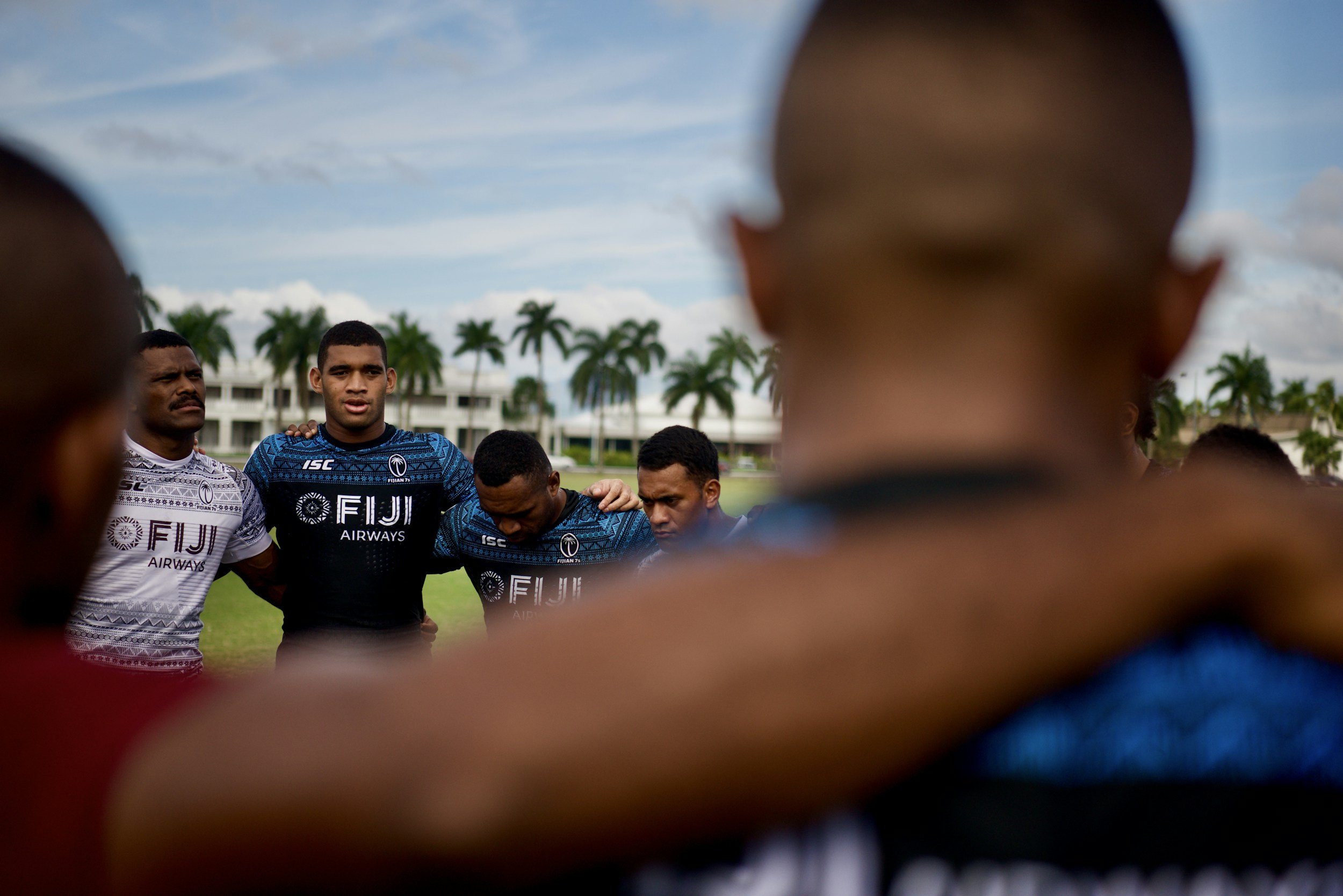Looking for a specific women’s football research topic?

Advancing Women's Soccer: Historical Growth and Challenges Concerning Athlete Health and Diversity
This article highlights the significant growth of women's soccer, especially in the United States with the success of the U.S. Women's National Team (USWNT). However, it also points out two major challenges that are holding the sport back: the high number of knee injuries, particularly ACL tears, among female players, and the ongoing lack of diversity, specifically the underrepresentation of Black women at all levels of the sport. The article emphasizes that these challenges are connected and need to be addressed together.

Challenges and Perspectives of Women Football Premier League Clubs of Ethiopia
This research study aimed to understand the challenges and future possibilities for women's football (soccer) premier league clubs in Ethiopia. The researchers gathered information from 373 people, including players, coaches, club managers, referees, and football federation managers.

Strategies of Adaptation: Post-Socialist Transformations of Romanian Women’s Football in the 1990s
This research paper examines how women's football in Romania changed significantly during the 1990s, after the collapse of socialism and the sudden shift to a capitalist economy.

Home Field Advantage in Women’s International Football
This research paper investigated the concept of home field advantage in international women's football, analyzing 4,416 matches played between 1980 and 2022. The study aimed to determine the size of this advantage, how it changed over time, and if it varied across different geographic regions.

Anthropometric measurements and their relationship to performance in modern women's football, a comparative study between Algerian and French teams 16-20 years
This research study compared the physical measurements (known as anthropometric characteristics) of young female football players aged 16 to 20 from Algeria and France. Ninety players in total, from three clubs in each country, had their height, weight, body fat percentage, skeletal muscle percentage, muscle mass, and bone mass measured.

Towards south-south comparative feminist inquiry: ‘Patriarchal varieties’ and women’s subversive strategies in/through sports in Fiji and Brazil
This research explores the experiences of women playing historically male-dominated sports in two postcolonial countries, Fiji and Brazil, focusing on women's rugby and women's football, respectively. The main goal was to understand how different forms of male dominance, called "varieties of patriarchy," in these societies affect how women challenge and overcome barriers to playing sports.

Stakeholder Perspective on Challenges in Women’s Football
Women's football still faces big challenges because of old unfair practices and ideas about gender, leading to less money, limited media attention, and the sport not being valued as much as men's football. Despite more people playing and paying attention, hidden cultural beliefs and system problems make it hard to achieve gender equality.

“We Are Doing a Job”: The 1971 Mexican Women’s Soccer Players and the Fight for Professionalism
The article discusses the struggle of Mexican women's soccer players for professional recognition during the 1971 World Cup held in Mexico. At this time, women playing soccer challenged existing social beliefs that confined women to the home and limited their participation in sports deemed only for men. The 1971 Mexican team performed very well, reaching the final, and the tournament itself attracted large crowds, showing the economic potential of women's soccer. Despite generating significant income for organizers and companies through ticket sales and advertising, the players themselves received little to no financial compensation for their efforts, time, and sacrifices.

Effect of match load on perceived wellness in highly trained female football players
A summary of the research:
This study looked at how playing competitive matches affects the well-being, or "wellness," of highly trained female football players over the two days following a game. Wellness includes things like how tired players feel (fatigue), muscle soreness (delayed onset muscular soreness or DOMS), stress levels, and how well and how long they sleep. Researchers wanted to see how these factors changed from matchday and if physical information collected during the match, like distances covered at high speeds, could predict these wellness changes.

ACL Injuries in Women’s Football: The Professionalisation Mismatch
The article discusses a problem in women's football called the “professionalisation mismatch” . This refers to how the sport is rapidly growing and demanding more from players, but the support and resources provided haven't kept up . Despite women's football becoming more professional over the last two decades, the number of serious knee injuries, specifically ACL (anterior cruciate ligament) tears, has stayed about the same .

Women's soccer in Costa Rica: A sociological look at the working, salary, and socio-historical conditions of female soccer players in the Costa Rican first division from 2019 to 2023
For coaches and administrators in women's soccer, this research from Costa Rica provides important insights into the current state of the game for female players. The study looks at the working conditions, pay, and the social and historical context of women's professional soccer in the country between 2019 and 2023. Researchers wanted to understand if the lower pay and challenges faced by female players are linked to long-standing patriarchal attitudes and to explore the everyday realities for these athletes.


Women’s football in mid-twentieth century Brazil and France: three team managers from prohibition to profit
This article looks at the history of women's soccer in Brazil and France during the mid-20th century. It highlights how women faced bans and restrictions in both countries, often linked to societal views about gender and women's roles.

Career patterns within men’s and women’s soccer talent systems: the typical pathway to the top is atypical
This study examines career pathways in women's soccer, challenging the traditional belief that early recruitment into professional academies guarantees future elite success. Researchers analyzed nearly 3,000 Dutch male and female youth players and found that only around 10% of those recruited into academies reached elite senior soccer.

An Inside Look at the French Football Federation’s Women’s Football Diplomacy with Iraq: Inspiring every girl in Iraq to play football
This study examines the French Football Federation’s (FFF) women’s football diplomacy initiative with Iraq, an effort to promote women’s football development as a form of international engagement. Launched in 2021, the program provided training for over 200 Iraqi players and coaches through a series of workshops in Iraq and France.

The Effect of Pitch Surface on Match Running Performance in Women’s Soccer
This study examined how playing on artificial turf (AT) versus natural grass (NG) affects match running performance in elite women’s soccer. Researchers analyzed data from 22 matches in the Slovenian Women’s First League, tracking total distance covered (TD), high-intensity running (HIR), accelerations (HIA), and decelerations (HID).

The opportunities and challenges facing participation indifferent types of women’s football in England
The article explores the opportunities and challenges surrounding women's football participation in England. It highlights how UK sports policy recognizes the importance of increasing female participation in football to address gender inequality in sports. Despite positive efforts by football authorities, there has been little formal statistical analysis of the factors influencing participation. Using a socio-ecological framework and economic theory, the study analyzes data from over 88,000 women and 68,000 men across 309 local authorities.

Goal and shot prediction in ball possessions in FIFA Women's World Cup 2023: a machine learning approach
The article "Goal and Shot Prediction in Ball Possessions in FIFA Women’s World Cup 2023: A Machine Learning Approach" explores the use of machine learning to predict goal-scoring opportunities in elite women’s football. Researchers analyzed 2,346 ball possessions and developed predictive models using Random Forest and XGBoost techniques.

#SeAcabó: how a mass-mediated “social drama” made visible and confronted (subjective and objective) violence in women’s football in Spain
The article "#SeAcabó: How a Mass-Mediated ‘Social Drama’ Made Visible and Confronted Violence in Women’s Football in Spain" examines how the non-consensual kiss between Luis Rubiales and Jenni Hermoso during the 2023 FIFA Women’s World Cup ignited a widespread social and political response. Using concepts like "moral shock" and "social drama," the study explores how this high-profile incident mobilized public discourse on gender inequality and violence in women's football.

Female Footballers Matter: Timeslive Coverage of South Africa’s Women’s Football Team Performance At 2023 FIFA World Cup
The article "Female Footballers Matter: TimesLIVE Coverage of South Africa’s Women’s Football Team Performance at the 2023 FIFA World Cup" analyzes how South African media portrayed the national women’s football team, Banyana Banyana, during the tournament. Through a critical discourse analysis of eleven articles published by TimesLIVE, the study examines how media representation influenced public perception and policy responses.
